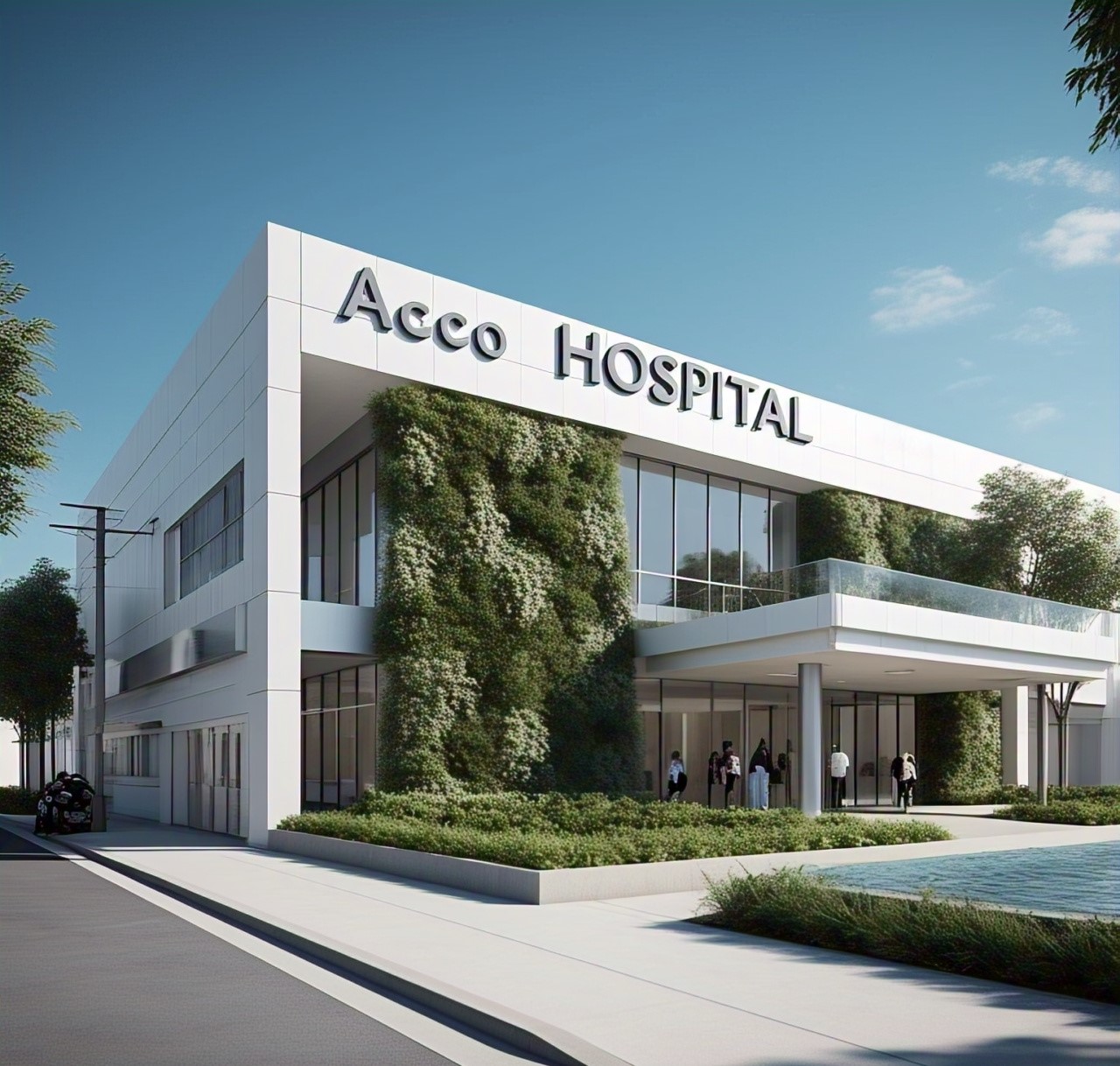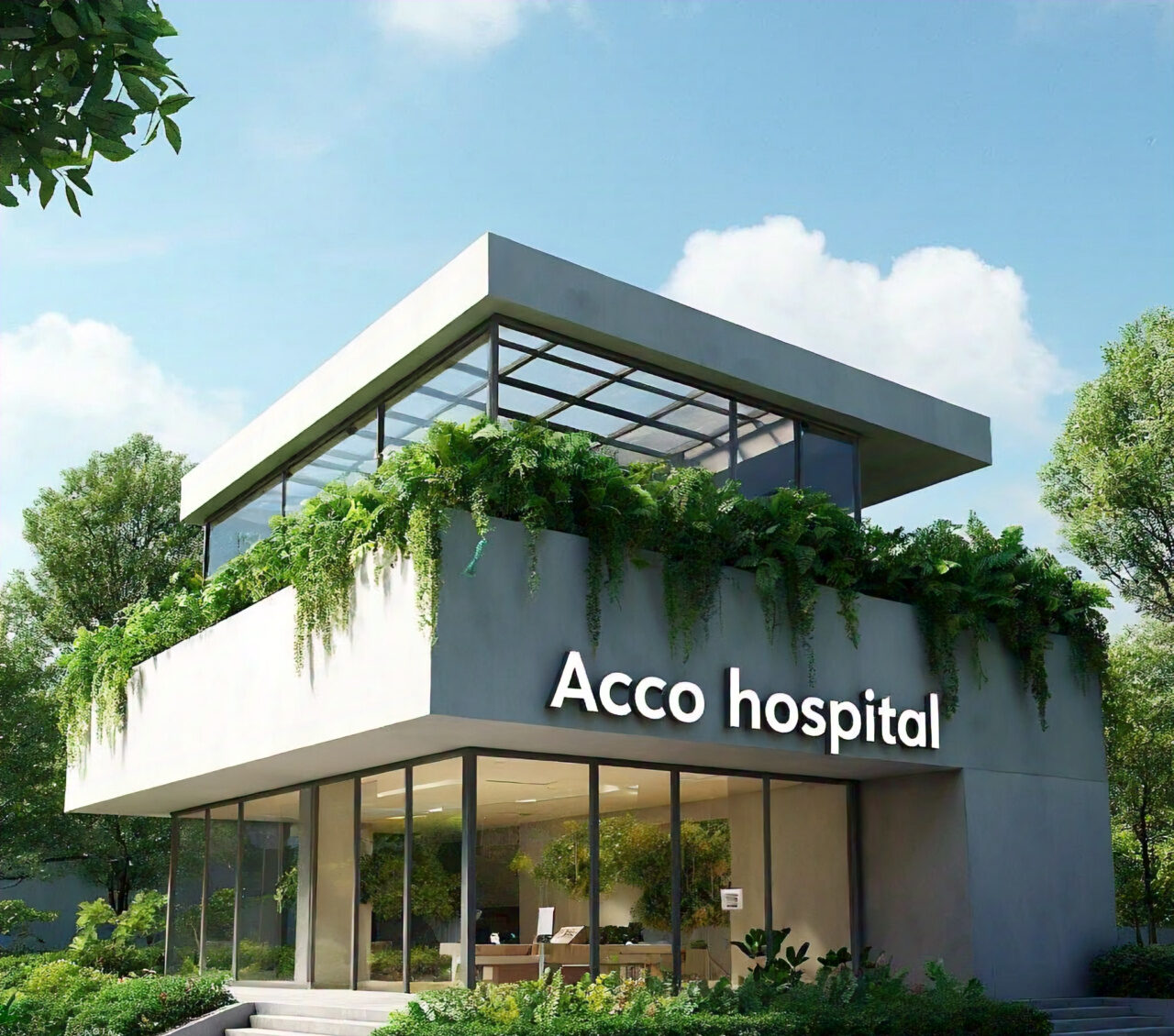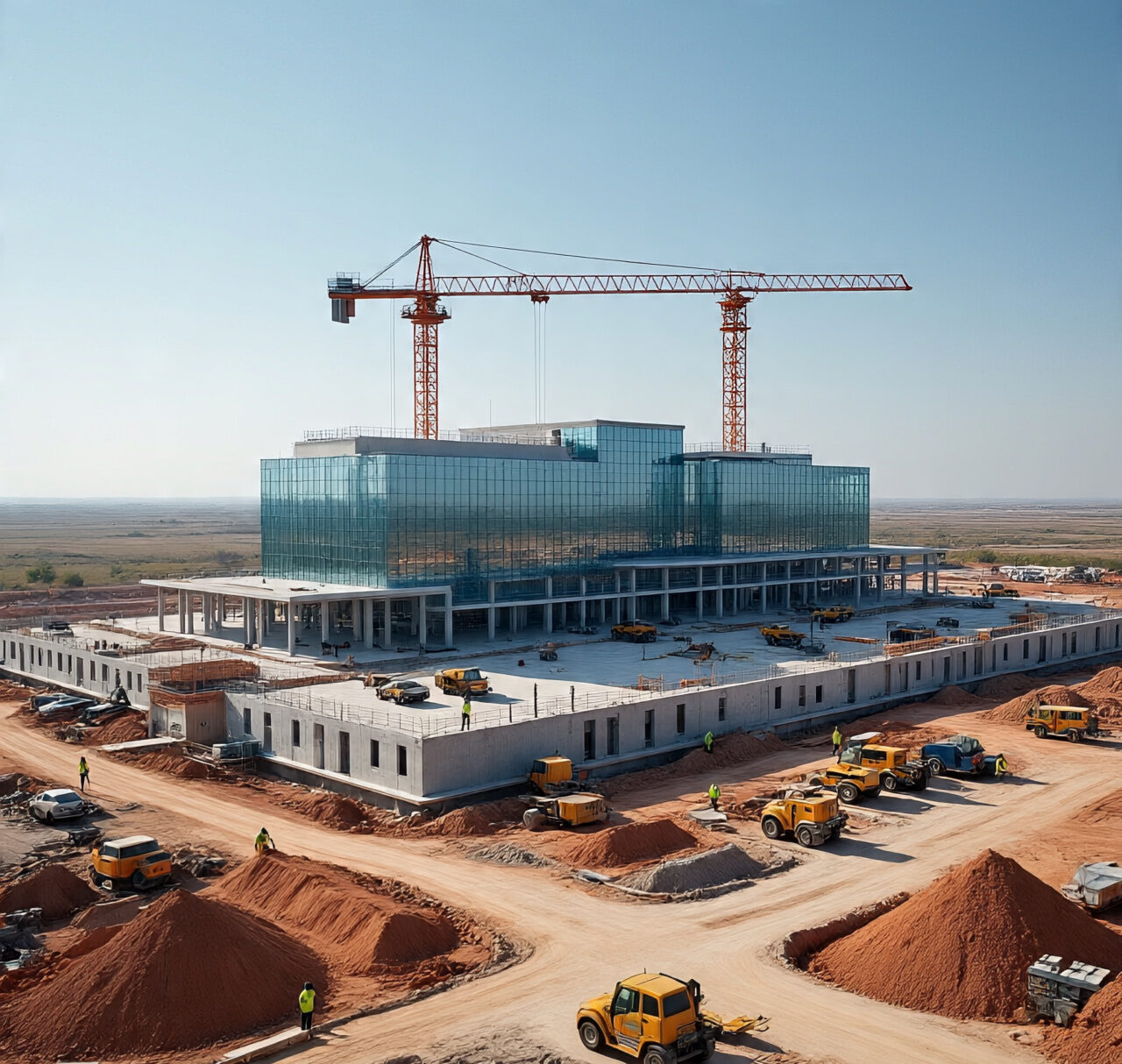
Smart Hospital Design: Integrating Technology for Better Care | ACCO Construction
Introduction to ACCO Construction
At ACCO Construction, we take pride in leading the construction and architectural design industry in Pakistan. With over 20 years of experience, our firm is headquartered in Lahore and has successfully completed dozens of healthcare, commercial, and residential projects across Pakistan and the Gulf region.
We specialize in:
Hospital planning and design
Modern healthcare architecture
Smart building solutions
Turnkey construction services
As Pakistan moves towards a more technologically advanced future, ACCO Construction continues to redefine hospital infrastructure with smart, sustainable, and patient-centered designs.
🏥 Topic Introduction: What Is Smart Hospital Design?
Smart Hospital Design refers to the integration of advanced technologies, data systems, and intelligent building management tools in hospital architecture to enhance patient care, operational efficiency, and clinical outcomes.
In Pakistan, where public and private healthcare systems are evolving rapidly, smart hospitals are not just a luxury—they are a necessity. With the rising demands on healthcare due to urbanization, population growth, and medical tourism, building intelligent hospitals is now a priority for forward-thinking institutions.
📊 Why Smart Hospital Design Matters in Pakistan
🇵🇰 Pakistan’s healthcare system faces challenges like overcrowded hospitals, lack of digital infrastructure, and high infection rates.
💡 Smart hospital design helps improve patient flow, reduce human error, and enable real-time monitoring.
📈 According to a study by WHO, smart systems reduce hospital stays by 20–30% through efficient diagnosis and monitoring.
🧠 The emergence of AI in healthcare, Electronic Health Records (EHRs), and telemedicine makes it critical to build technology-ready facilities.
🔍 Key Features of Smart Hospital Design
1️⃣ Building Information Modeling (BIM) for Hospital Architecture
Enables real-time collaboration between architects, engineers, and medical planners.
Prevents design errors and ensures energy-efficient, functional hospital spaces.
Useful in planning complex areas like ICUs, OTs, and labs.
2️⃣ Smart HVAC, Lighting, and Energy Management Systems
Automated temperature, lighting, and ventilation control.
Integrated with sensors to maintain hygiene and reduce power usage.
Improves patient comfort and reduces utility costs by 15–30%.
3️⃣ Real-Time Location Systems (RTLS)
Tracks movement of medical staff, equipment, and patients.
Increases safety and ensures quicker emergency response.
Useful in pandemic or high-security hospital environments.
4️⃣ Digital Integration: EMR, EHR, and Telemedicine Compatibility
Electronic Health Records help doctors make faster decisions.
Remote patient monitoring for rural outreach programs.
Telehealth pods and kiosks built into hospital OPDs.
5️⃣ Modular Design and Prefabrication
Speeds up construction by 30–40%.
Cost-effective for rural hospitals or isolation units.
Ideal for temporary COVID wards or disaster response units.
🛠️ Smart Design Zones Inside a Hospital
| Zone | Smart Elements |
|---|---|
| Emergency Room (ER) | Smart triage, RFID wristbands, AI-enabled diagnostic tools |
| Operating Theaters | Voice-activated controls, robotic-assisted surgery, smart sterilization systems |
| ICU/NICU | Patient telemetry, air filtration, noise control systems |
| Patient Rooms | Smart beds, digital tablets, lighting & temperature personalization |
| Waiting Areas | Digital wayfinding, information kiosks, virtual queue systems |
✅ Pros and ❌ Cons of Smart Hospital Design
✅ Pros
⚡ Improved Efficiency: Automation reduces manual tasks and errors.
🏥 Enhanced Patient Experience: Customizable rooms, reduced wait times.
🌿 Energy Efficiency: Smart buildings cut down long-term costs.
👩⚕️ Better Staff Productivity: Centralized control panels save time.
📈 Scalability: Easy to upgrade tech over time.
❌ Cons
💸 High Initial Cost: Advanced tech and infrastructure can be expensive.
⚙️ Training Needs: Staff must adapt to new systems.
🔧 Maintenance Complexity: More systems mean more technical support.
🕒 Implementation Time: Smart designs may take longer in the initial phase.
📌 Key Trends in Smart Hospital Design (2025 and Beyond)
AI Diagnostics & Predictive Analytics
IoT-connected Medical Devices
Green and Sustainable Hospitals
Voice-controlled Nurse Call Systems
Augmented Reality for Surgery Planning
5G-enabled Medical Imaging Transfers
Cloud-based Hospital Information Systems (HIS)
🧠 Smart Hospital Design Methods Used by ACCO Construction
📐 Customized Planning with Clinicians
We work closely with doctors, hospital administrators, and stakeholders during the design phase to ensure all smart features align with clinical workflows.
🧱 Use of Local + Imported Smart Materials
We combine smart glass, energy-efficient insulation, and antibacterial surfaces in patient care areas.
🔄 Turnkey Smart Hospital Projects
From conceptual design to construction and tech deployment, ACCO handles full smart hospital setups on a turnkey basis.
❓ Frequently Asked Questions (FAQs)
1. What is a smart hospital?
A smart hospital uses digital technology, automation, and data systems to improve patient care, reduce operational costs, and enhance hospital management.
2. Is smart hospital design cost-effective in Pakistan?
Yes, while initial costs are higher, long-term savings in energy, staffing, and patient care justify the investment.
3. Can existing hospitals be upgraded to smart systems?
Absolutely. ACCO Construction offers retrofitting solutions for hospitals that want to modernize without rebuilding from scratch.
4. How long does it take to build a smart hospital?
Timelines vary by size, but modular construction and prefabrication can significantly speed up delivery—often within 12 to 18 months.
5. What smart technologies are commonly used in Pakistan?
Common technologies include automated HVAC systems, EMR/EHR integration, CCTV/RTLS, and telemedicine platforms.
🏁 Final Verdict
Smart hospital design is no longer the future—it’s the present. As patient expectations and healthcare standards rise in Pakistan, hospitals must adopt technology-first infrastructure. ACCO Construction offers customized, scalable, and future-ready solutions to build hospitals that deliver superior care and performance.
Whether you’re planning a new hospital, renovating an old one, or expanding rural healthcare access, smart design is the game-changer you need.
🔗 Internal Links
🌐 External Links (High Authority)
📞 Call to Action
Ready to build Pakistan’s next-generation smart hospital?
Contact ACCO Construction today for a free consultation!
📱 Phone: 0322-8000190
📧 Email: info@acco.com.pk
🌐 Visit Contact Page




